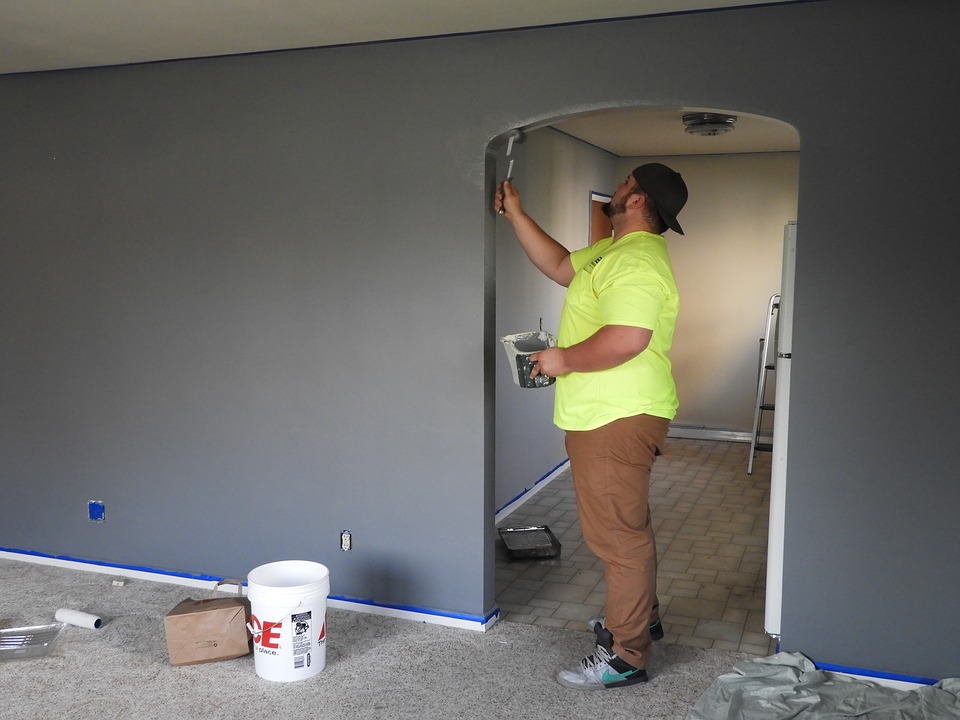Clogged drains are a common household nuisance; whether it’s in the kitchen, bathroom, or utility room, sooner or later, everyone will encounter one. These can be caused by several factors, including hair clumps, grease build-up, or the occasional foreign object that inadvertently finds its way into the pipes. Addressing a clog promptly is vital to prevent water overflow or damage to your plumbing system, which could lead to more extensive, costly repairs. This article aims to equip you with practical, easy-to-follow steps to tackle a clogged drain, outlining when it’s possible to handle it yourself and when it’s time to seek professional plumbing services.
Identify the Type of Drain and Clog
Understanding the type of drain you’re dealing with can provide valuable insight into the nature and potential severity of the clog. Kitchen sinks often encounter grease, food particles, and soap scum. Bathroom drains, particularly in showers and sinks, tend to collect hair and soap residue. Utility room drains might face a variety of culprits, ranging from lint to dirt.
Typical signs of a clogged drain include slow drainage, gurgling noises, and unpleasant odours wafting from the drain. Observing these can help gauge the situation. To diagnose the problem’s severity, begin by assessing the drainage speed and identifying indicators like water backing up or pooling. For instance, knowing that hair or grease is the likely cause can guide your approach to clearing it efficiently.
Gather Your Tools and Materials
Before diving into the task, it’s essential to gather some tools and materials. You’ll need a trusty plunger, a plumber’s snake or auger for more persistent blockages, and perhaps a wire coat hanger as a makeshift tool. Safety gear is equally important; gloves and goggles can protect against splatters of unpleasant drain contents.
Certain household items can also aid in the process. Baking soda and vinegar serve as a natural, non-toxic solution for minor clogs, while boiling water can help dissolve particular blockages. For more severe obstructions, professional-grade tools like a drain auger might be necessary, although these are less commonly found in home tool kits.
Start with Simple Solutions
Start tackling your clog with straightforward methods before resorting to advanced techniques. A plunger, effectively used, can create a vacuum powerful enough to dislodge a blockage. Ensure a tight seal around the drain, plunge up and down several times, and then check to see if the water flows freely.
For mild clogs, a combination of baking soda followed by vinegar can be surprisingly effective. Pour a cup of baking soda into the drain, followed by a cup of vinegar, and cover the drain to contain the foamy reaction. After about 15 minutes, flush it with hot water.
Another simple trick is using a wire coat hanger. Unbend the hanger into a straight line with a small hook on one end. Carefully insert it down the drain to fish out hair or debris, potentially causing the clog. It’s crucial to be patient and to repeat these steps if the initial attempt doesn’t fully resolve the issue.
Utilise Advanced Unclogging Methods
Sometimes, clogs need more than simple home remedies. A drain snake is handy for stubborn blockages deeper within the plumbing system. Insert the snake into the drain, then turn the handle clockwise to break up or retrieve the obstruction.
Chemical drain cleaners are available but should be approached with caution due to their harsh properties, which might damage pipes or pose health risks. Always follow the manufacturer’s instructions and wear appropriate safety gear if you choose this path.
If the clog persists, consider dismantling the P-trap—located under the sink—to manually clear out trapped debris. This involves unscrewing the trap and cleaning it thoroughly. Be careful, as water and unpleasant materials might spill out, so a bucket is recommended.
When to Call a Professional Plumber
There are times when DIY methods won’t suffice, and professional assistance becomes necessary. Persistent clogs, repeated drainage issues, or mysterious leaks could indicate underlying problems beyond the scope of basic remedies. It may be tempting to handle everything, but sometimes, calling in an expert can save time and potential damage.
Weighing the cost of professional plumbing services against the potential need for extensive repairs later is wise. Consider aspects like warranty and insurance implications, as some interventions might void them. Furthermore, when seeking plumbing help in Gold Coast or other areas, choose a reputable plumber by checking reviews, certifications, and quotes.
Keeping Your Drains Flowing Smoothly
Clogged drains don’t have to be a source of frustration. By effectively identifying the type of drain and clog, gathering the right tools, and starting with simple solutions, most minor blockages can be managed swiftly. However, understanding when to call a professional is equally important to avoid exacerbating the problem.
Along with adopting regular maintenance practices like using drain covers and correctly disposing of waste, these steps can minimise future clogs and keep your plumbing system running smoothly. Readers are encouraged to share their own unclogging experiences or tips, as every household necessity sometimes benefits from a community pool of knowledge!



